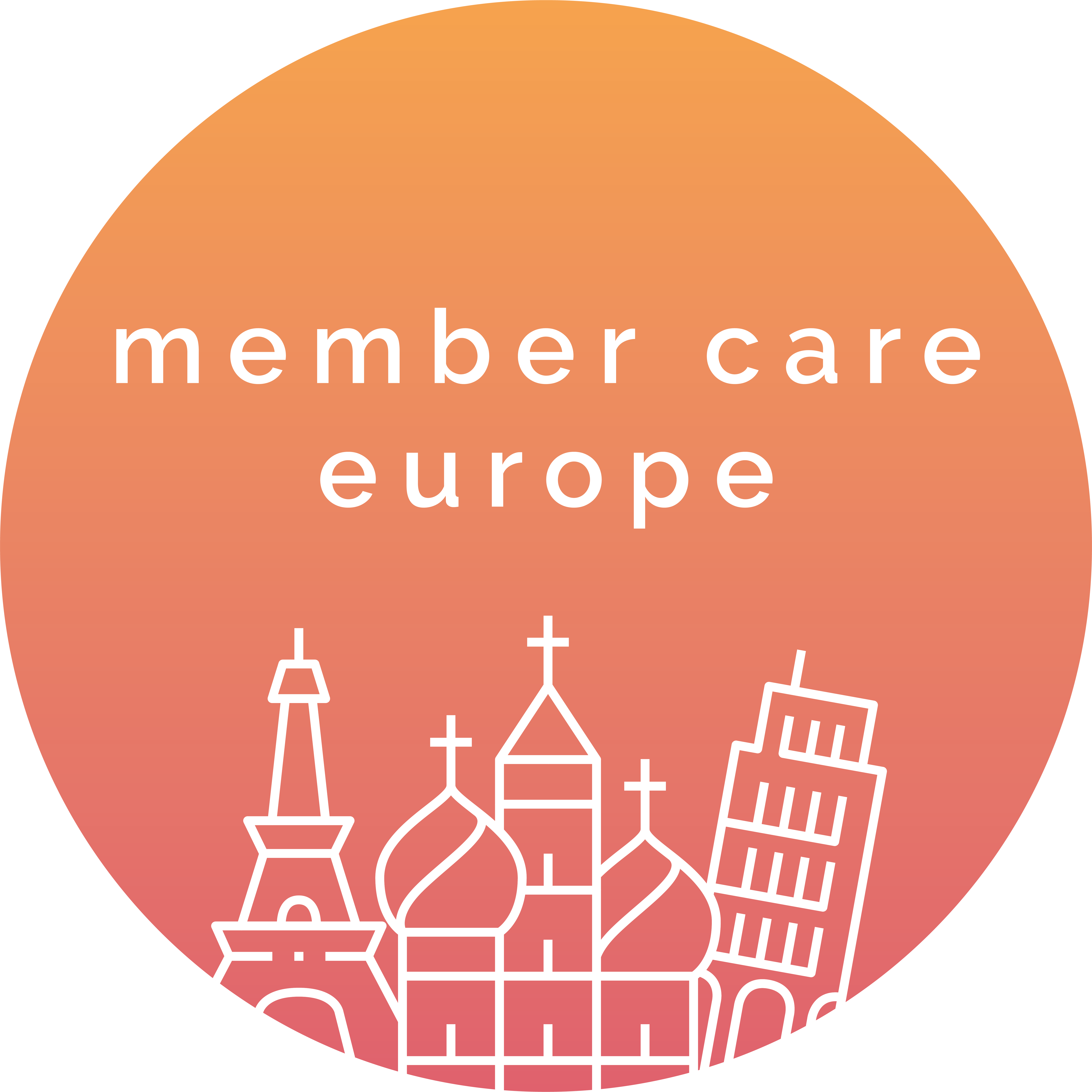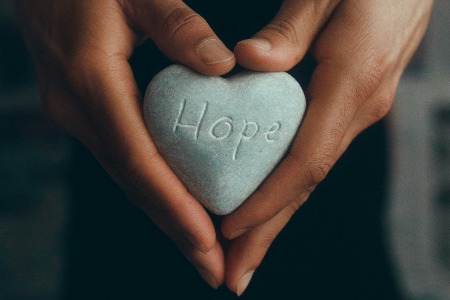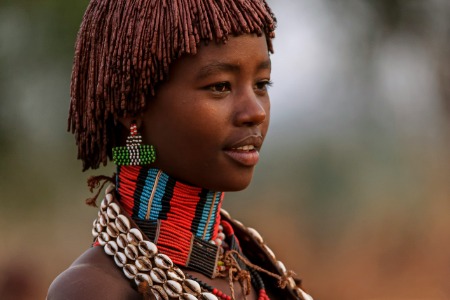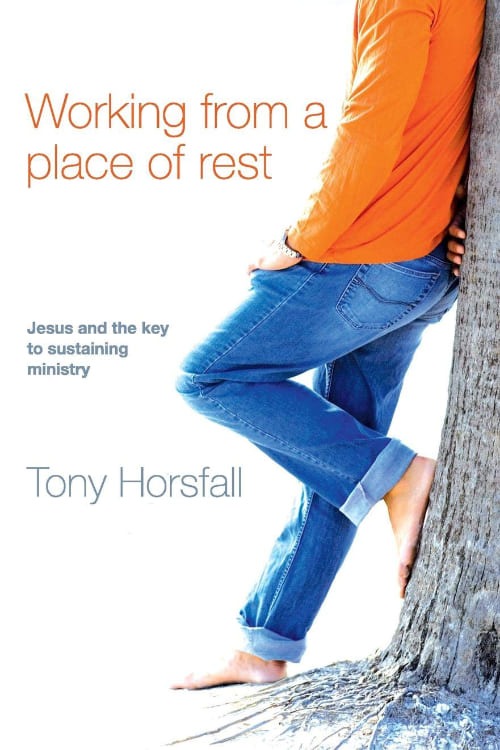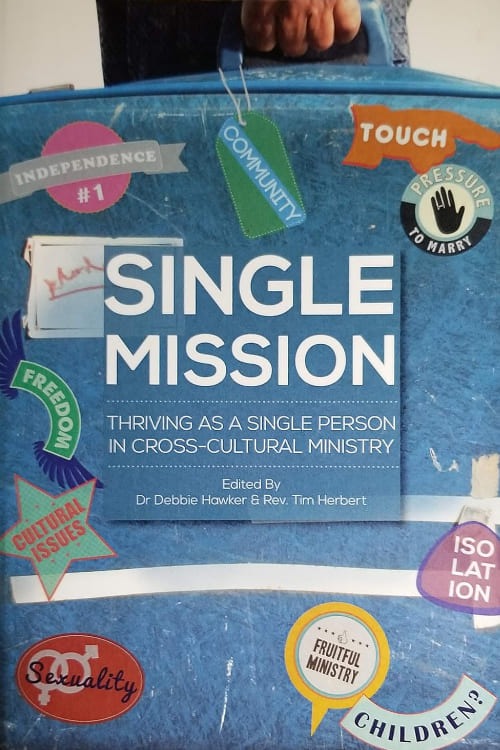In October 2020, German member care had their meeting online. The main topic was to discuss why young people return from the mission field before their term is over or will not return to the mission field after furlough.
Hartmut Wacker, who is on the German core team, allowed me to share his presentation.
Case study
A young family moves to an African country with the goal of working in church ministry there for an extended period of time. They had independently received the call to missionary service and met each other during their Bible school education. After marriage and intensive preparation, they left the country. In the first months after their arrival, the country went through a tumultuous political period – presidential elections were coming up. The everyday life of the foreigners was restricted. During this time, they had a traumatic experience when they unexpectedly got caught in a violent demonstration. They remained outwardly unharmed, but the woman suffered a great loss of confidence in the local community. During the years of the first term, the husband experienced fulfilment in his service while his wife repeatedly struggled with health problems. After the first term, medical examinations in Germany revealed that, unfortunately, leaving the country again was out of the question.
External circumstances played a role here, as did personal factors in one of the partners. This triggered an intense struggle with God about the question of vocation, but also a struggle with themselves and their partner.
We cannot point out all the areas that belong to the holistic coming to terms with this particular form of suffering experience today. I would like to focus my attention on the theological “beliefs”, that have been shaken by the experience and look for reorientation.
The question before us is: how can we provide assistance in this particular crisis, and how can new missionaries be prepared for such particular situations of suffering during their preparation time?
There are no ready-made solutions. Rather, from the wealth of experience of missionaries who have lived through different experiences of suffering, I would like to offer various food for thought for discussion, which – in my view – can be helpful for a personal (re)formulation of a theology of suffering.
Initiating a discussion for a theology of suffering
An empirical study of mine, which dealt with the resources of missionaries in coping with experiences of suffering, has led to interesting results. I describe them as perspectives from which individual aspects of their personal journey have been interpreted and processed.
The perspective of the inevitability of suffering
No one expected Christians to live a life free of suffering and pain. In some cases, their own suffering was even relativized in comparison to the suffering of others in the host culture. Or the view turned to the question of whether good could not also come from one’s own suffering. The most serious conflicts with God were among those whose service and calling were called into question by the event. Suffering yes, but why did it have to lead to the termination of ministry?
The perspective of a God who has all situations in his hands
This reflects faith in the omnipotence of God. Nothing happens where he does not have control. This comes across as comforting rather than threatening: “My life is in his hands, even though he has led me into this situation of suffering.”
The perspective of God’s love and care
A great trust in God’s love and care “for better or for worse” proved to be the strongest resilience factor in the crisis. This trust was formed in childhood and adolescence through credible role models in the parental home or in the community. But also previously experienced and survived crises in one’s own biography were found to be particularly helpful. Sermons or one’s own Bible school education were cited as less helpful or not helpful at all.
The perspective of ambiguity
This perspective refers to the ability to bear the tension between faith and doubt, between trust and disappointment. God’s actions are not always understandable from our perspective, but are sometimes even contradictory. Not only enduring such situations passively over a longer period of time, but also actively dealing with these questions can be the breeding ground for spiritual growth, but also spiritual failure.
The perspective of growing in times of suffering
All report their own spiritual growth, albeit in very different degrees and in different areas of life. The practical help from many known and unknown Christians, for example, strengthened the appreciation for the uniqueness of the worldwide church of Jesus.
The perspective of extraordinary spiritual experience
The survey brought to light another interesting resource. It refers to experiences described by a part of the respondents as “extraordinary spiritual experiences” that they experienced before, during or after the traumatic event. This event was perceived as an immediate support by the Holy Spirit. When faced with difficult situations, Christians must not only count on their own personal resources and the support of other people, but they can count on the powerful presence of God, who can bring light and hope to a crisis situation in an extraordinary way.
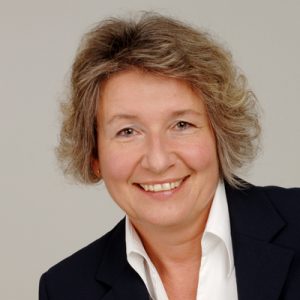
Mihai Lundell
Renate is a member of the board of Member Care Europe and works for the Association of Evangelical missions in Germany that hosts among other conferences, the German Member Care meetings. She is assistant to the CEO.

Mihai Lundell
Renate is a member of the board of Member Care Europe and works for the Association of Evangelical missions in Germany that hosts among other conferences, the German Member Care meetings. She is assistant to the CEO.
